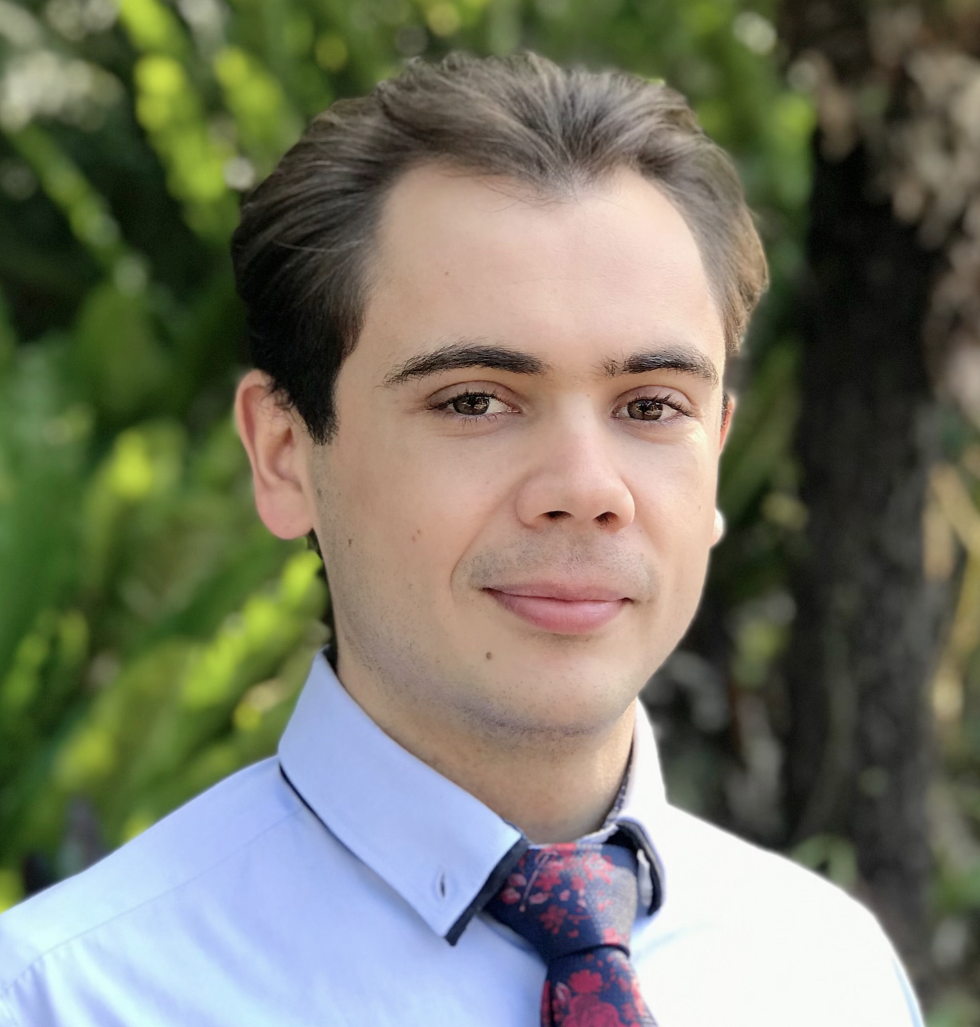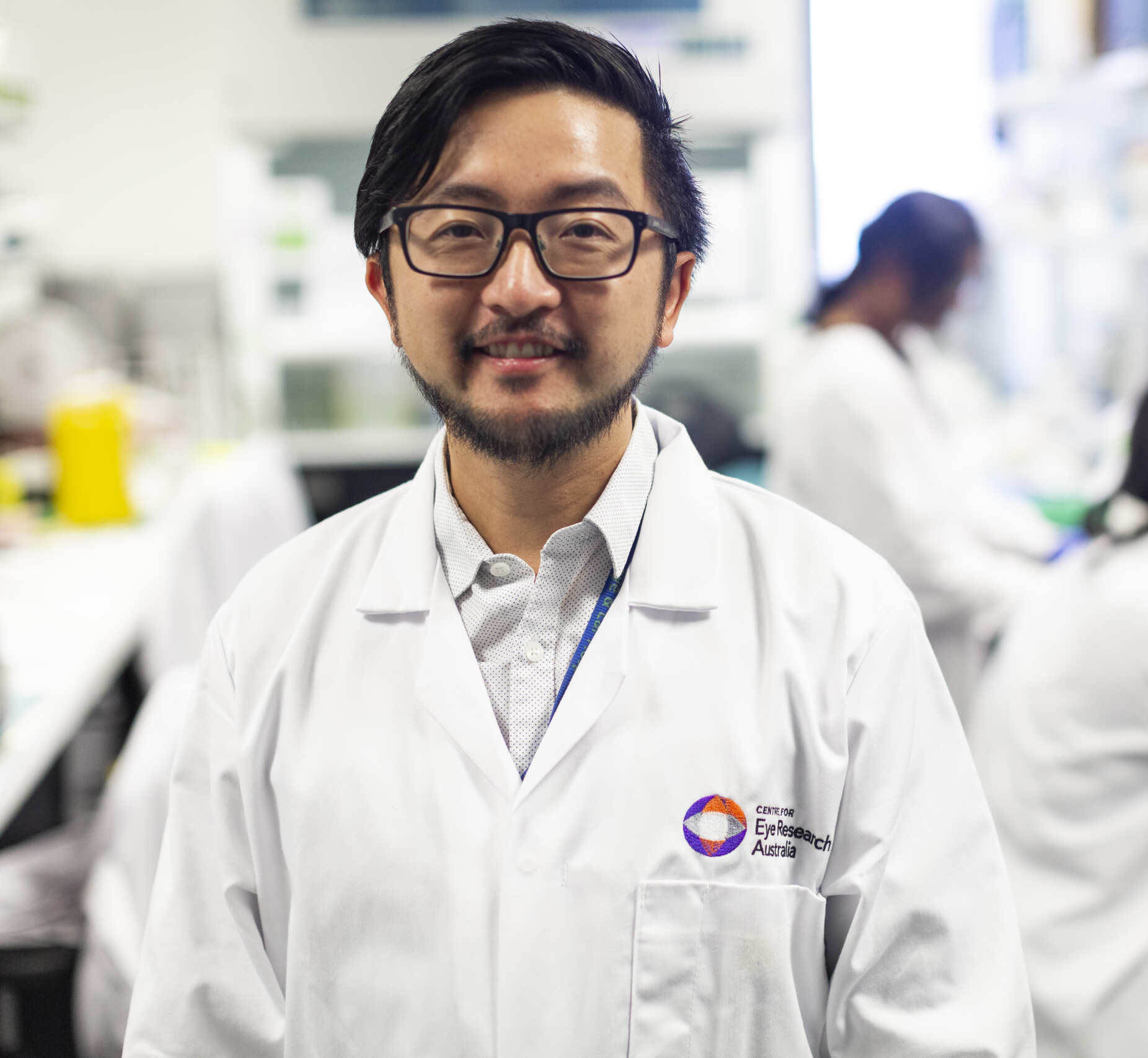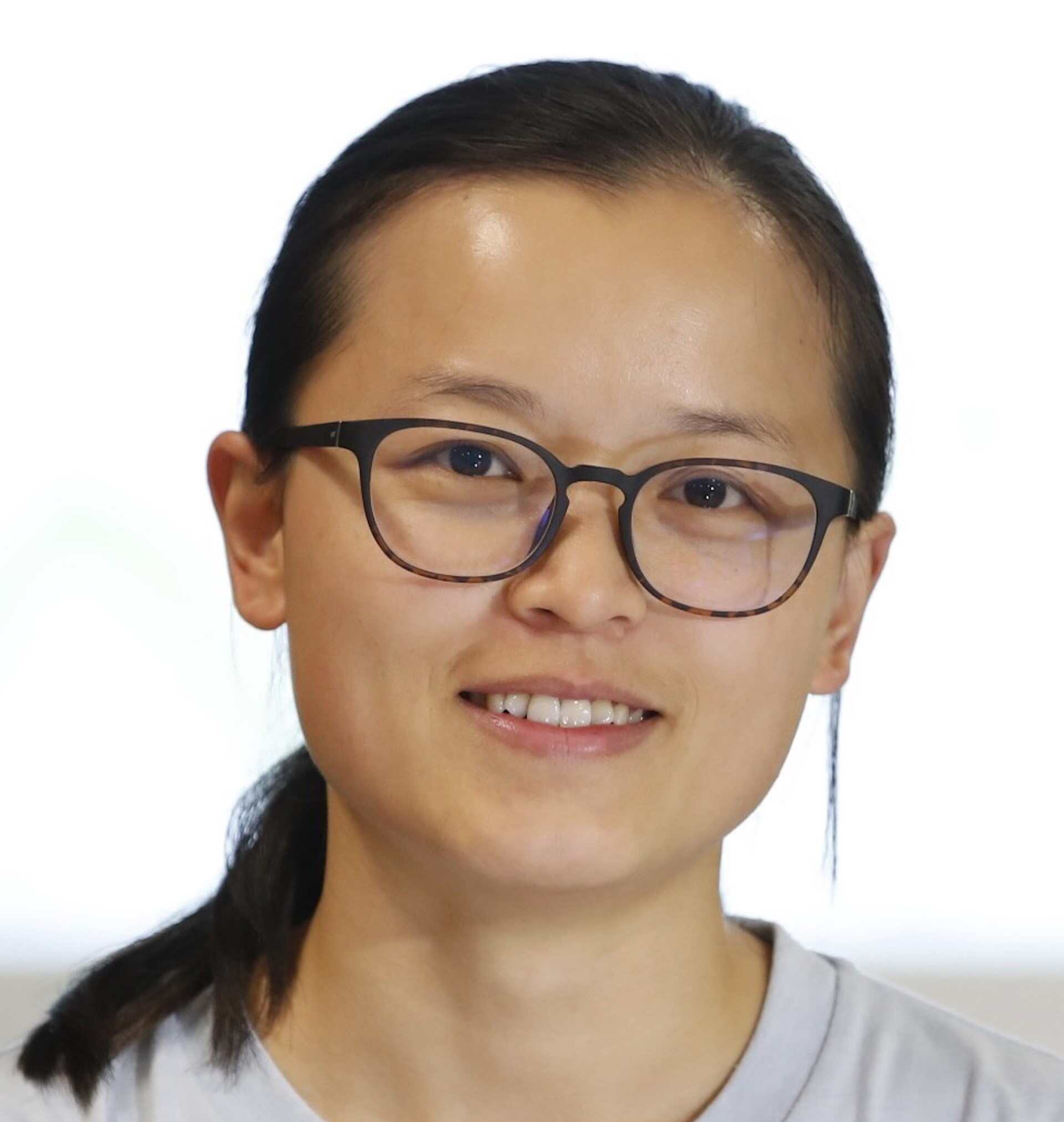Project Aim
The aim of this project was to develop a novel approach to treat age-related macular degeneration (AMD) by targeting the complex biological pathways that lead to neuroinflammation in the retina. The study focused on molecules present in two types of retinal cells, Müller glia (support cells in the retina that keep it healthy) and microglia (the “immune” cells of the retina).
Project Summary and Impact
- Three key molecules that drive inflammation in the retina were discovered. Consistency in response of these molecules to retinal damage by mouse models of retinal degeneration and human AMD retinas supports the credibility of the mouse model as representative of human disease. This suggests that the biological processes seen in the mouse model are probably comparable to those in humans.
- It was successfully shown that by blocking these molecules with a special type of molecule called siRNA (small interfering RNA), the activity of these three molecules was lessened, indicating reduced inflammation. The treated animals responded better to light, suggesting their retinas were still working well. In addition, the layer of the retina where photoreceptor cells are located was thicker in the treated mice, suggesting that fewer cells died and more cells survived, which could mean better vision.
This project addressed a critical gap in AMD treatment by targeting the inflammatory processes at their molecular roots. By focusing on transcription factors in Müller glia and microglia, this research has the potential to yield a novel class of therapeutics for AMD.

Chief investigator:
Dr Adrian Cioanca
John Curtin School of Medical Research, Canberra
Co-investigator/s:
Associate Professor Riccardo Natoli, John Curtin School of Medical Research, Canberra
Dr Michelle Madigan Save Sight Institute, Sydney
Dr Elisa Cornish, University of Sydney
Grant awarded:
$59,869 (2023)
Timing:
1 Year
Research Impact Reports
Selective Activation of Retinal Bipolar Cells Using Freeform Electrical Stimulation
Project Aim This project explores a new method called freeform...
Development of epigenetic reprogramming technology to treat retinal degeneration
Project Aim This project aims to create a new way...
Characterizing Stargardt Disease Mutations for Splice Intervention Therapeutics
Project Aim The aim of this project was to find...
Virtual Reality Assessment of Functional Vision in achromatopsia
Project Aim This project aimed to develop and validate a virtual reality (VR) mobility task...




